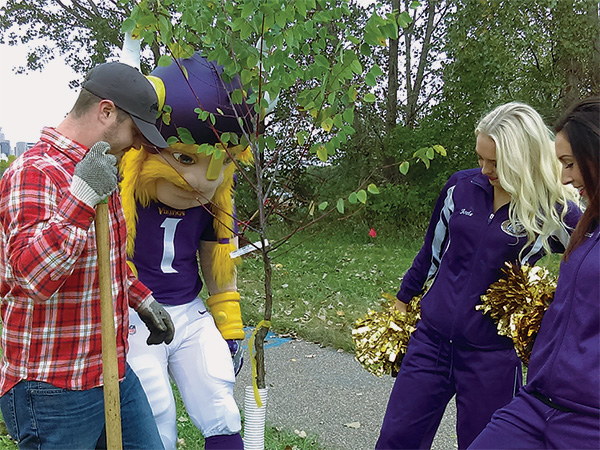
As many of you may know, the Woodworker’s Journal home offices are located in the Minneapolis, Minnesota, area. So some of us are understandably excited about the fact that our community is playing host to the 2018 Super Bowl, Super Bowl LII, on February 4.
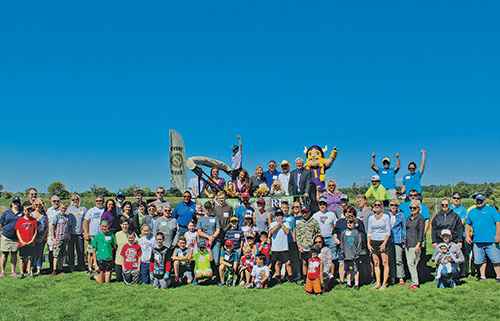
Even we hadn’t known, however, that the NFL and the Minnesota Super Bowl LII Host Committee would team up with corporations Verizon and Anderson Corporation for projects of particular relevance to woodworkers: urban forestry initiatives that added thousands of trees and native plants to local parks and recreation areas.
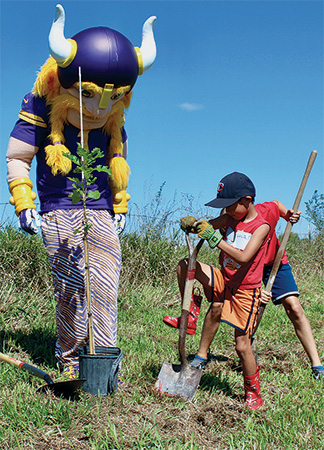
The National Football League (NFL) has incorporated environmental projects into the management of the Super Bowl for 25 years, in addition to other community events and initiatives meant to leave a positive benefit in each Super Bowl host community.
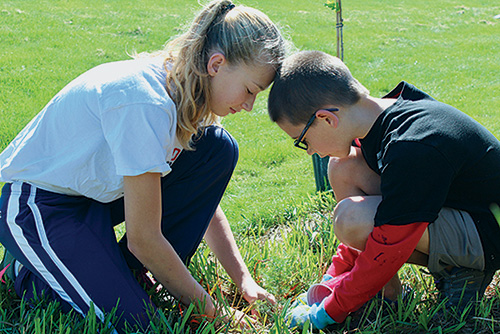
In the case of the Minnesota Super Bowl, there has been a particular focus on reducing the environmental impact of Super Bowl LII activities and leaving a “green” legacy.
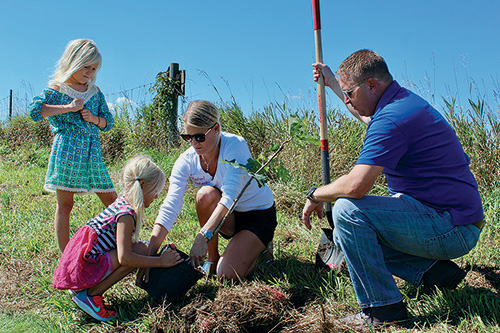
For instance, leftover construction materials from Super Bowl events will be donated to local organizations for reuse and repurposing.
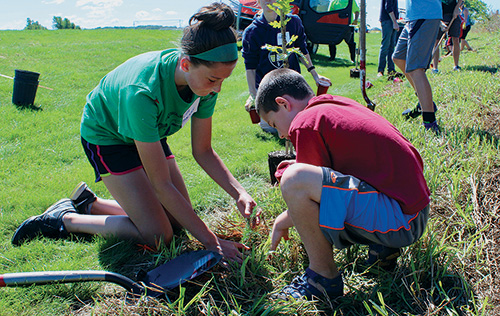
This year’s urban forestry initiatives included planting trees to replace those damaged by the emerald ash borer as well as creating eight large pollinator gardens at the Minnesota Zoo in Apple Valley.
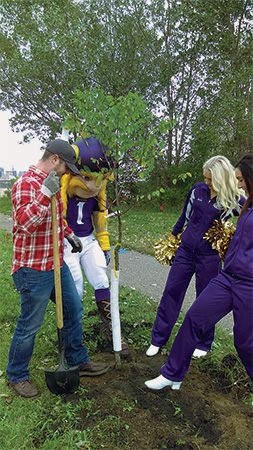
Additionally, the NFL and Verizon are partnering with the Arbor Day Foundation to plant more than 12,000 trees in Chippewa National Forest in northern Minnesota. The red and white oaks will replace trees damaged by wind, insects and disease and will provide eagle nesting sites.
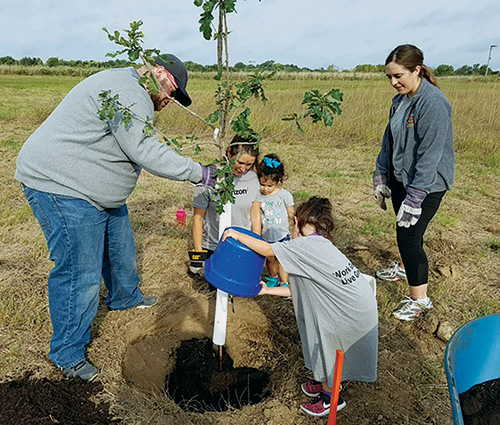
Tree planting projects beyond those previously mentioned and featured in photos include: 15 trees at Currie Park, Minneapolis, with Tree Trust; 25 trees at East Park, Rochester, with RNeighbors; 65 trees at Norwood Park, Brooklyn Park, with Tree Trust. 90 trees near Randolph and Shepard Drive in St. Paul, with Mississippi Park Connection and the National Park Service; 51 trees at the east end of Lake Winona, with the City of Winona and Tree Trust; and 22 trees at the Frog Pond at the Marjorie McNeely Conservatory in St. Paul, with Como Park Zoo and Conservatory.
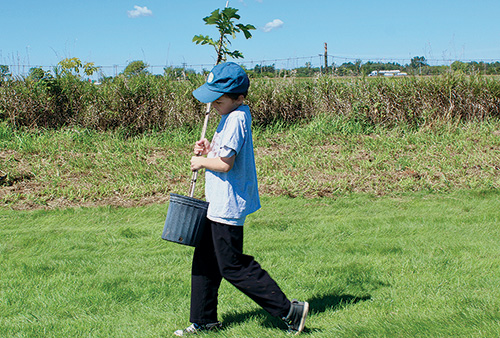
Plus, the urban forestry initiatives also included more than 2,000 native plantings at Westwood Hills Nature Center in St. Louis Park, with Great River Greening; 2,000 native plantings at Coldwater Spring in Minneapolis, with Mississippi Park Connection; and renovations to the greenhouse that supplies plants to the Minneapolis Youth Farm.






